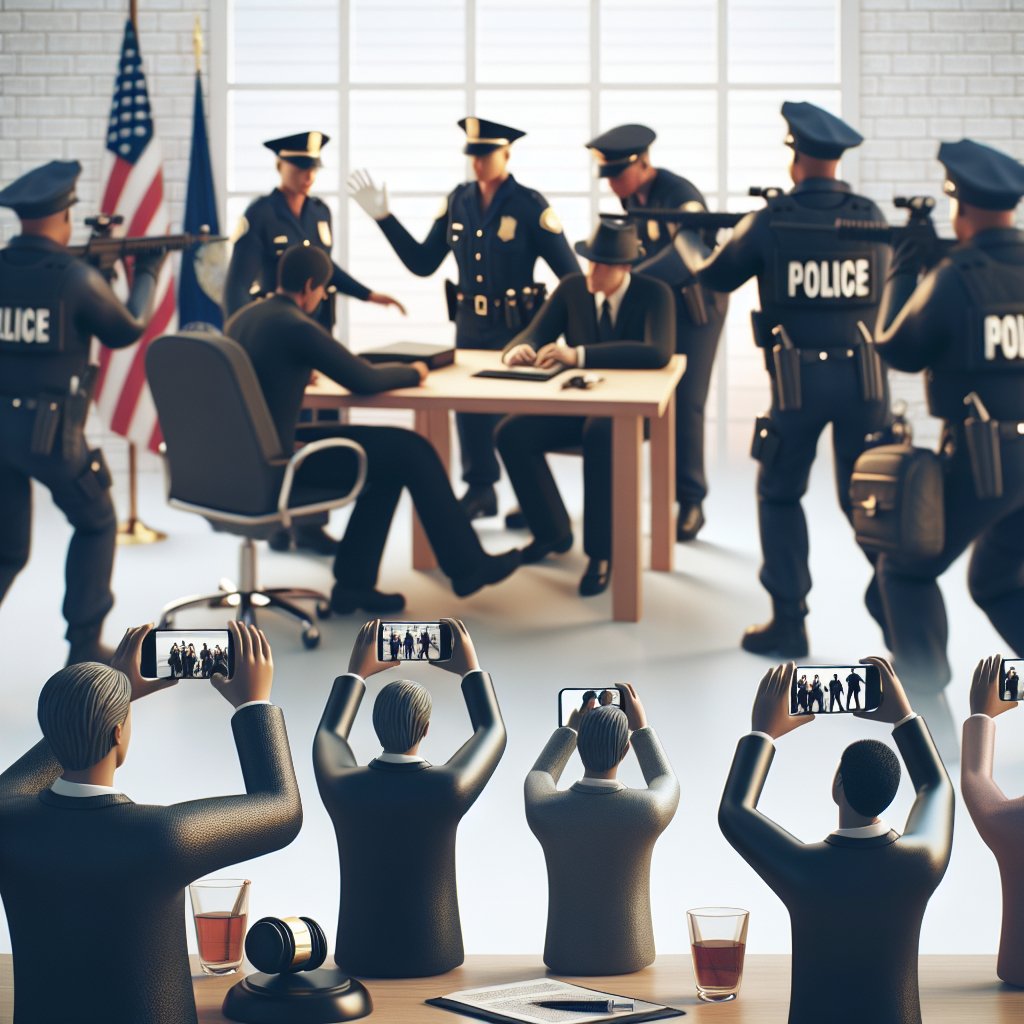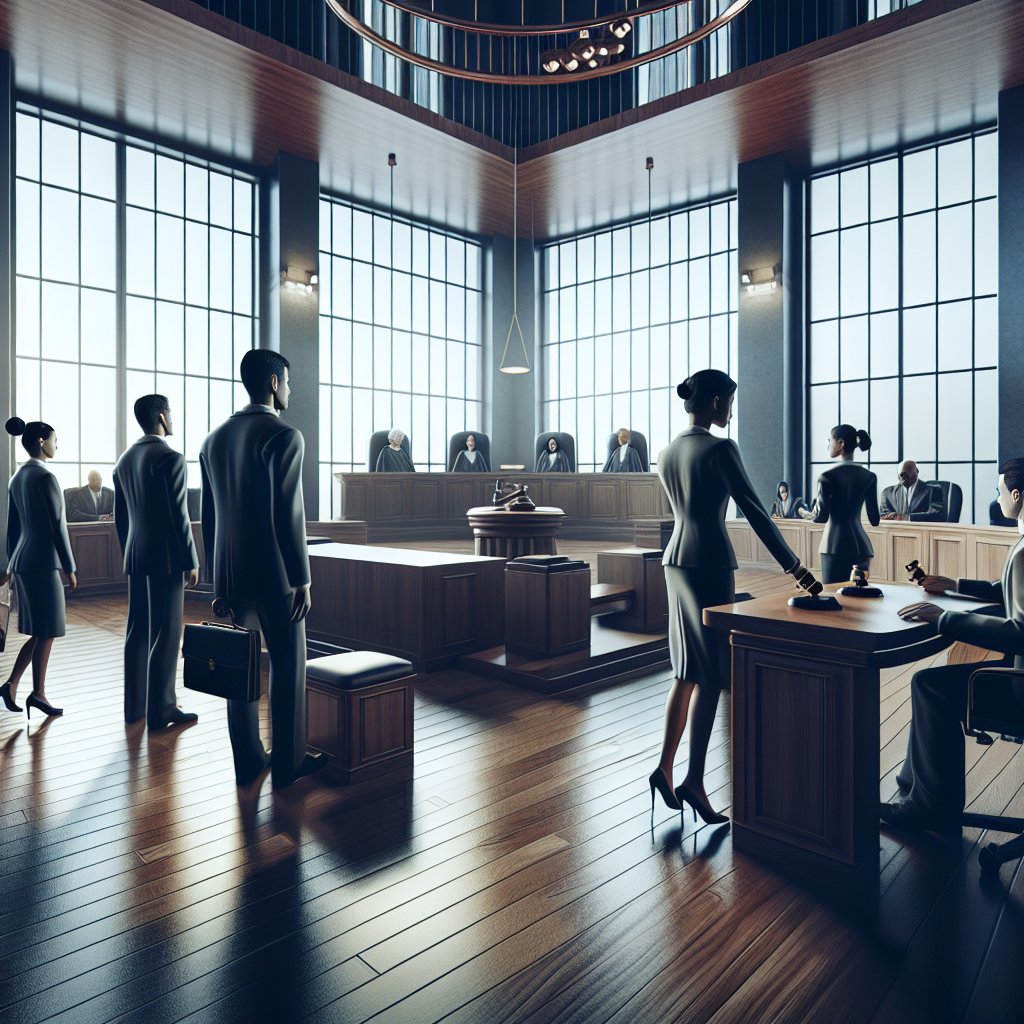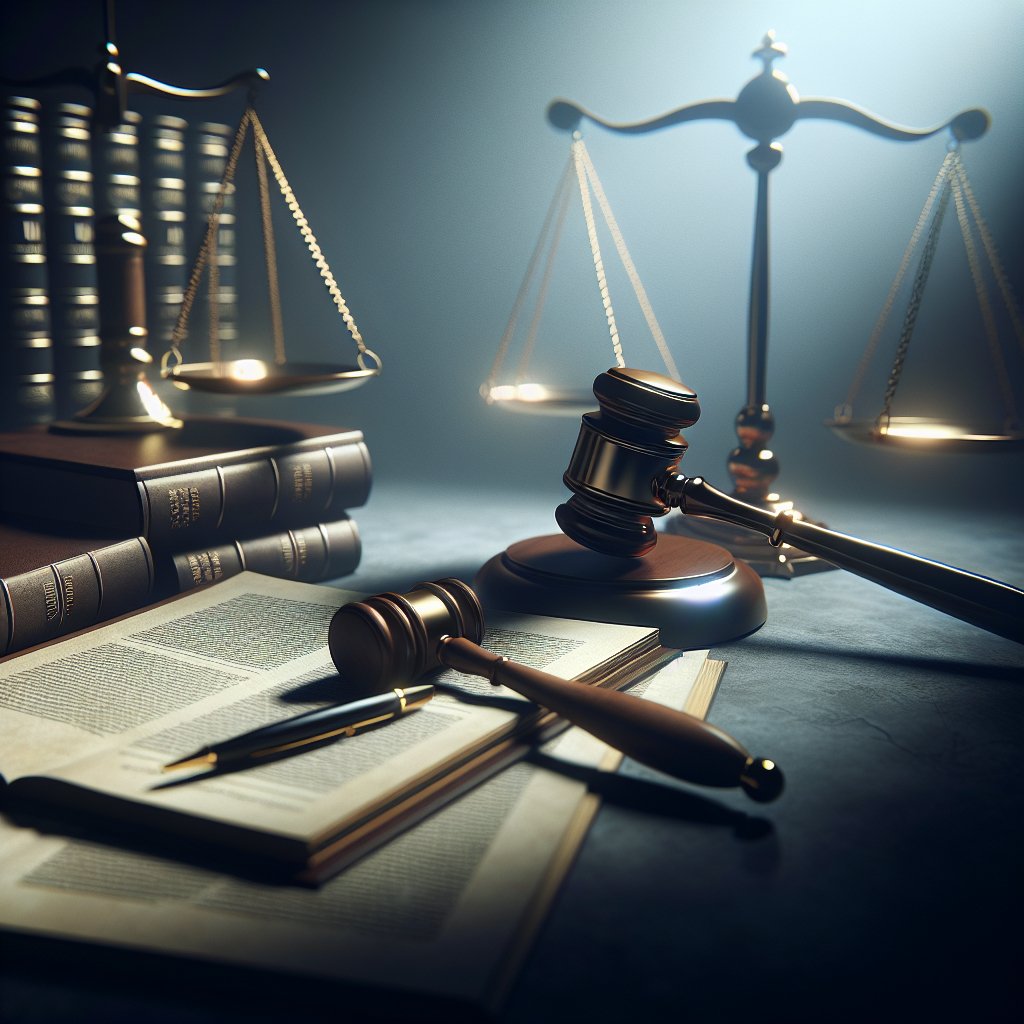Recording police officers during an arrest has become a topic of significant debate and legal scrutiny. As technology advances and the prevalence of smartphones increases, more individuals find themselves in situations where they can document interactions with law enforcement. This raises important questions about the legality and implications of such recordings.
The Legal Landscape of Recording Police Officers
The legality of recording police officers during an arrest varies significantly across different jurisdictions. In the United States, for example, the First Amendment provides a degree of protection for individuals who wish to record public officials, including police officers, in the performance of their duties. However, this right is not absolute and is subject to certain limitations and conditions.
Many states have enacted laws that specifically address the recording of law enforcement officers. These laws often fall into two categories: one-party consent and all-party consent. In one-party consent states, only one person involved in the conversation needs to consent to the recording, which often means that the person doing the recording can legally record without informing the other party. In contrast, all-party consent states require that all parties involved in the conversation consent to the recording.
It is important to note that even in one-party consent states, the act of recording must not interfere with police operations. Courts have generally upheld the right to record police officers as long as the recording does not obstruct or hinder their duties. This means that individuals must maintain a safe distance and not engage in any behavior that could be perceived as threatening or disruptive.
Case Law and Precedents
Several court cases have helped shape the legal framework surrounding the recording of police officers. One notable case is Glik v. Cunniffe, where the United States Court of Appeals for the First Circuit ruled that the First Amendment protects the right to record public officials in public spaces. The court emphasized that this right is subject to reasonable time, place, and manner restrictions, but it is nonetheless a fundamental aspect of free speech and press rights.
Another significant case is Fields v. City of Philadelphia, where the Third Circuit Court of Appeals reaffirmed the right to record police officers, stating that the First Amendment protects the act of recording as a form of information gathering and dissemination. The court highlighted the importance of such recordings in promoting transparency and accountability within law enforcement agencies.
Implications and Considerations for Criminal Lawyers
For criminal lawyers, the issue of recording police officers during an arrest presents both opportunities and challenges. On one hand, recordings can serve as valuable evidence in criminal cases, providing an objective account of events that can corroborate or contradict witness testimony. This can be particularly important in cases involving allegations of police misconduct or excessive force.
On the other hand, the admissibility of such recordings in court can be a complex issue. Lawyers must navigate the legal requirements for obtaining and presenting recordings as evidence, ensuring that they comply with state and federal laws. Additionally, they must be prepared to address any challenges to the authenticity or reliability of the recordings, which may be raised by opposing counsel.
Ethical and Professional Considerations
Criminal lawyers must also consider the ethical implications of using recordings in their cases. The American Bar Association’s Model Rules of Professional Conduct emphasize the importance of honesty, integrity, and respect for the legal system. Lawyers must ensure that they do not engage in any deceptive or unethical practices when obtaining or presenting recordings as evidence.
Furthermore, lawyers should be mindful of the potential impact of recordings on their clients and the broader community. While recordings can be powerful tools for promoting justice and accountability, they can also be used to sensationalize or misrepresent events. Lawyers must balance their duty to zealously advocate for their clients with their responsibility to uphold the integrity of the legal system.
In conclusion, the legality of recording police officers during an arrest is a complex and evolving issue that requires careful consideration by individuals and legal professionals alike. As technology continues to advance and societal attitudes toward law enforcement evolve, it is likely that the legal landscape surrounding this issue will continue to change. Criminal lawyers must stay informed about these developments and be prepared to navigate the challenges and opportunities that arise in this dynamic area of law.




